Srikanth Vissa is a much sought after writer with great analytical skills. He is always spot on with fresh subjects and interesting dialogues and can engage the audience with his content no matter what the genre is. Producers bank on hsi suggestions and stars feel confident when he is around on their sets brushing the script or improvising them. At the moment he is busy with Pushpa 2, Ravansura, Tiger Nageswar Rao and Devil. In a chat with Y.Sunita Chowdhary of Klapboardpost.com, Srikanth Vissa discusses the golden period that Telugu cinema is currently, the OTT platforms and gives us an explanation as to why directors get paid more than writers. Some excerpts.
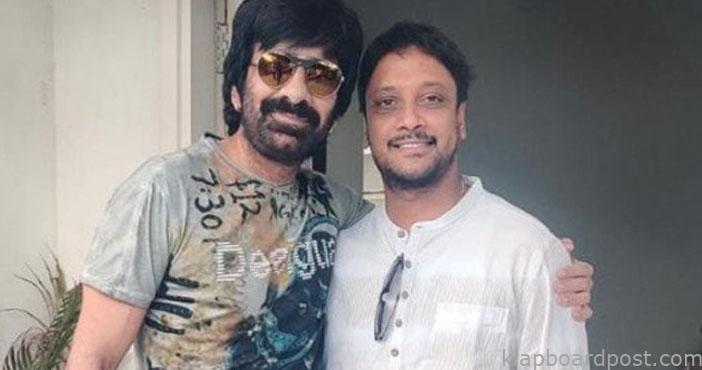
There has been a shift in the trend of picking women centric stories and most directors instead of waiting for the dates of heroes are weaving stories around the fair sex. Earlier, if a film was centred around a ghost or a cop role, it meant the beginning of the fall of a heroine’s career but that doesn’t make sense now anymore. Commenting on this scenario, Srikanth terms it a welcome development in the film industry. he says, “Years ago heroine oriented films meant they were in the fag end of the careers with the subjects mentioned above but now scripts are providing scope for a career extension to the heroine. There are two reasons, one is budgets. The money you pay a hero and heroine is different. One can execute a film within the budget boundaries when it comes to a heroine centric story but a hero’s remuneration is nearly fifty percent of the project cost. Next, there is a financial and practical aspect with a change in audience’s preferen but ces as well. Hits and flops are common for any kind of subject but the female oriented subjects kindle thoughts in us, it has opened up a completely different territory. As directors and writers we too think on those lines. For small films, OTT platform is a great place to show talent and also for those films which are not appropriate for a theatrical release”.
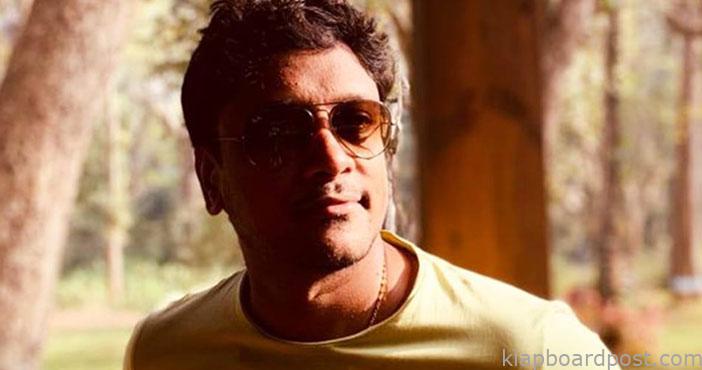
Srikanth waxes eloquent on OTT platforms. He says it came as a boon during the Covid times for both the writers/directors and audiences as well. He observes, “Stars are few and far between but there are stories being written for the remaining heros and heroines. For certain kinds of scripts, OTT helps out. OTT revenues complement those coming with a big canvas that will be screened in the theatres. Directors have an alternate life in OTT when they fail on the big screen. Hit and flop is being registered strongly on the audience’s mind and there are questions that a producer has to deal with like, the rate at which he sold his film for and the margin big or small he lost when the film tanks or the maximum/minimum revenue generated. Any person will have complete clarity and definition of a hit or a flop. When it comes to OTT, it has no revenue numbers because of which we can’t term it as a flop. The appreciation and hype one gets at theatres is not there for OTT and at the same time, if it flops, it doesn’t matter much. A find a lot of majority benefits with OTT platforms”.
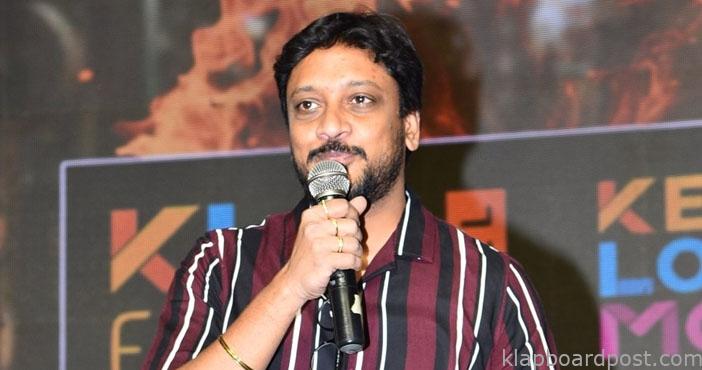
Bimbisara, K2, Sitaramam and Kantaram. They are filtered films and the audience is ruthlessly rejecting stereotyped cinema. What is his observation? The writer shares, “If there is no theatrical experience, people are not stepping out of their homes. If you make a nice family cinema, the fact is that there is not much difference seeing it on television or OTT. Bimbisara, K2 has grandeur, it is a big canvas; If you see K2 on television or OTT, you don’t get that high. The thrill of watching it is generated only from a big screen. Another example, Ante Sundaraniki can be watched at home. It doesn’t provide a visual treat and people don’t flock theatres for such romantic or family dramas, it is a universal opinion. Having said that, I stress that if the content is bad no one sees it. If the content is good, there is no opening. If it is a small love story or a rom com, people question as to why they should see it in theatre? If the content is good and there is no canvas, people won’t come to watch. Now people want content that gives cinematic experience.”
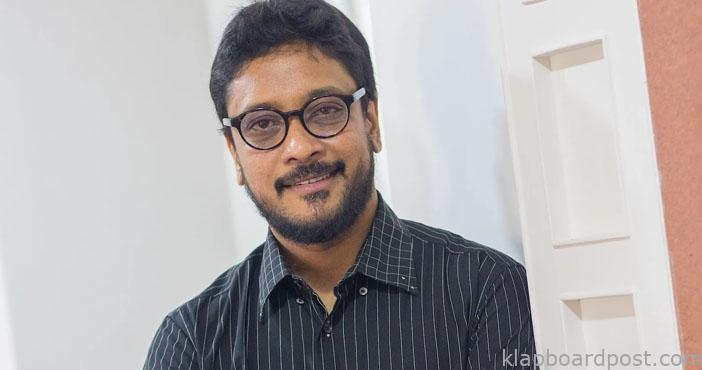
He adds, “There are other reasons as to why certain films don’t run in theatres. The film that is releasing today must have been made long back and due to reasons best known to them has been putting off the release date continuously. There were bad films and good films ages back and it isn’t as if people are refusing entertainment. For instance Thank You, if it had been released 3 years back it would have worked as the audience didn’t evolve but pre covid and post covid audience have changed. They have seen world cinema and the cinematic experience is what they want – the high octane action etc otherwise they feel there is no point watching it now. Also star power is not the same as before. Kantara, a Kannada film has a lead pair who is not known to the audience other than kannada people. It has no star power but multiplex has five shows running in the Telugu States. The word of mouth has given beautiful openings and this is what is working out”.

Ask him about the strong impact social media, especially Youtube, is creating on the audience’s mind and the dent it is creating on the commercials if something about the promos isn’t good. For example, the teaser of Aadi Purush that received a lot of flak. Srikanth says, “The negativity generated on the first day will hurt the commercials. This negativity is being intensified and so along with it is positivity. Arjun Reddy was a hit right from the day the trailer released. So is Kantara. Filmmakers should get worried, because we have made the trailer to impress the audience and if they are not happy, the job is not done. Social media intensifies it ten times. It escalated the talk of Kantara positively and on the flip side ruthlessly rejected Aadi Purush. If there is no research on a project, the results show. There is a pressure on the filmmakers to deliver good content, which is good because if this happens quality improves. We made Allu Arjun idle for a year for Pushpa 2 and we used this time constructively because we want to reach the expectations of the audience. We shall make a better film. Some films are being stalled after announcement or first leg of shoot. Why? We had once given people mediocre content and took them for granted but now that doesn’t work. We have to pull up our socks.”
He further states that there have been scripts that they were confident about but have been scrapped just because it lacked something. To a query on why 18 pages is not releasing and why a re-shoot has been suggested by Sukumar, he clarifies, “Sukumar didn’t have time to see it. When he saw it he suggested changes which are good for the film. In the next four years, the Telugu film industry shall reach a milestone. We are setting a benchmark.” What does Srikanth do when he has a writer’s block? he responds quickly, “When I do, I keep this story aside and work on another one. I am into multiple projects, this eventually will fall in place. Also, I have a team and we have discussions, it is a regular process.”
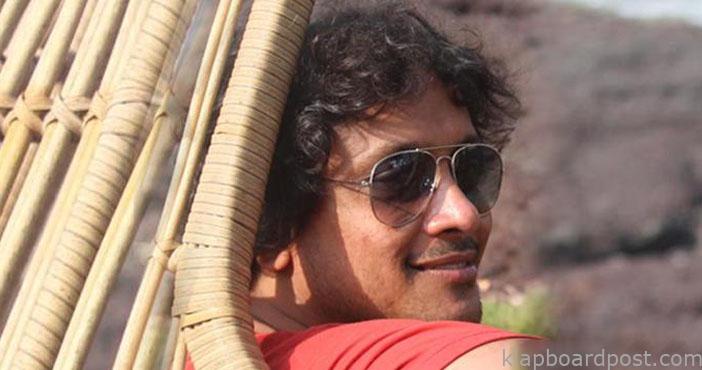
Why is there a pay disparity in the writer’s fraternity and the producers always pamper the director? Not quite true, says Srikanth. He adds, “The director has high stakes compared to other people working in the film. If a writer’s film flops, there isn’t an impact on his career but if a director’s one film tanks, it is very difficult for him to rise or probably it could be the end of his career. It is turning out to be difficult for big directors to get a next project if their film doesn’t work in the theatres. Convincing other stars of their stories is a herculean task now. If their film flops, they suffer more as the impact on them is strong. If a writer comes up with a subject, it is the director’s prerogative to take it or not. There are always exceptions like that of Chandoo Mondeti. After a few flops, he delivered the biggest blockbuster K2. This example is in general and on an average. Writers too suffer, people do comment that our previous film didn’t work but the impact on us isn’t that strong.”













